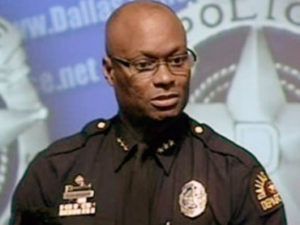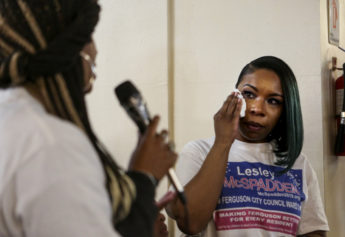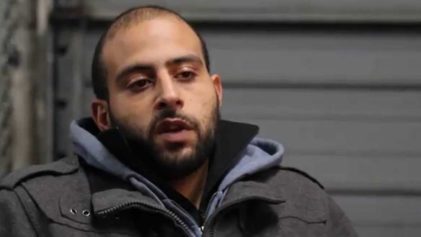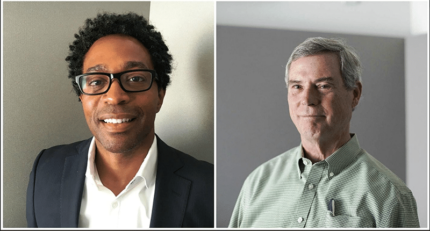In an effort to mend their troubled relationships with many Black communities, several police departments across the U.S. are holding meetings to allow the public to voice any frustration with officers who patrol their neighborhoods.
The police department in Dallas County, Texas, hopes to learn from the protests and chaos sparked in Ferguson, Mo., by allowing residents to air concerns during these meetings.
“I’d much rather they shout at me at a town hall meeting at a church and get to know me afterward than not have a relationship,” said Dallas Police Chief David Brown, according to The Associated Press.
He added that after a police shooting, it’s too late to try to establish relationships, so it’s important that the police department attempt to do so before tragedy strikes.
The tension between the people of Ferguson and local law enforcement is a prime example of why good communication is necessary.
Ferguson is the city where Michael Brown, an 18-year-old high school graduate with no criminal record, was fatally shot by police officer Darren Wilson on Aug. 9.
While details about what happened leading up to the shooting are still unclear, many eyewitnesses said Brown had his hands up, signaling surrender, when Wilson fired several more shots at him.
After Brown’s death, protesters took to the streets but were met with an aggressive and militarized police force and tensions boiled over into chaos.
It did not take long for officers to begin firing rubber bullets and launching tear gas into the crowd of protesters.
Communities in St. Louis are among the top ten most segregated neighborhoods in the country and while Dallas does not have the same shocking statistics, the county is taking measures to ensure the residents can trust the officers who are supposed to serve and protect them.
Last year, Dallas had 22 police shootings with six of them leading to deaths.
So far this year, the county has seen 13 police shootings with eight of them leading to deaths.
Dallas County District Attorney Craig Watkins recently announced that he would send two prosecutors to independently investigate each police shooting.
Watkins and Brown, both African-American men, understand the lack of trust that often exists between Black citizens and law enforcement.
“This is a reality that we deal with in this country,” Watkins said. “And until we face it, we’re always going to have issues like Ferguson. I don’t want to have the same thing happen here.”
The police department in Nashville, Tenn. is also using similar methods to attempt to mend the relationships between the Black community and law enforcements in the area.
In a recent public statement, the city of Ferguson announced it is also exploring measures to prevent another tragic police incident from happening.
Some of the options being discussed are creating a more ethnically diverse police force, working closely with schools to provide better resources for students, and rebuilding the businesses that were looted.



